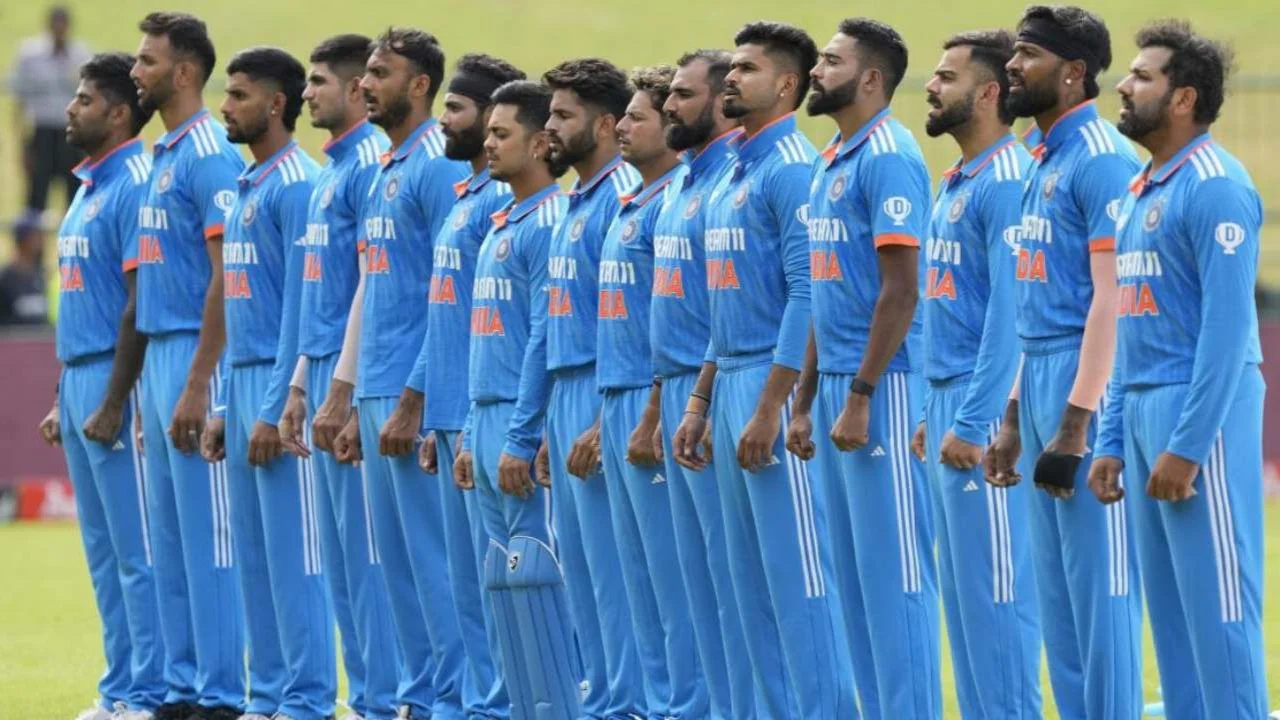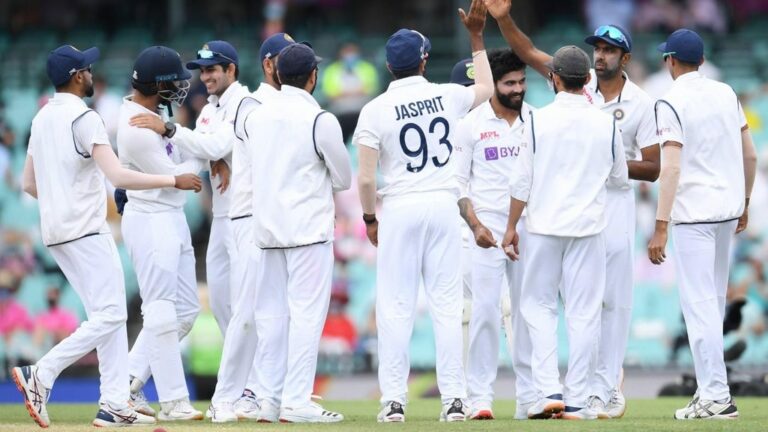Analyzing the Role of Public Policy in IPL Regulation: Laser247, Gold365, 11xplay
Laser247, Gold365, 11xplay: The journey of regulating the Indian Premier League (IPL) has been marked by a series of milestones and challenges. From its inception in 2008, the IPL rapidly gained popularity, but concerns soon arose regarding transparency, corruption, and player misconduct. In response, the governing body of cricket in India, the Board of Control for Cricket in India (BCCI), took steps to establish regulations to safeguard the integrity of the league.
Initially, the regulations focused on issues such as salary caps, player contracts, anti-corruption measures, and the establishment of the IPL Governing Council. Over the years, these regulations have evolved to address new challenges, such as age fraud, match-fixing, and conflicts of interest. The history of IPL regulation reflects the ongoing efforts to balance the commercial success of the league with the need to maintain its credibility and fairness.
Key Players in IPL Regulation
The key players involved in regulating the Indian Premier League (IPL) include the Board of Control for Cricket in India (BCCI) and the IPL Governing Council. The BCCI plays a central role in overseeing the administration and management of the IPL, setting regulations, and ensuring compliance with legal and ethical standards. The IPL Governing Council, on the other hand, is responsible for making decisions related to the conduct of the tournament, including issues like player contracts, match scheduling, and disciplinary actions.
Another important player in the regulation of the IPL is the Franchise owners. These owners invest substantial amounts of money in their respective teams and have a vested interest in the overall success and integrity of the league. They work closely with the BCCI and the Governing Council to influence decisions that impact the business and sporting aspects of the IPL. Additionally, media partners and sponsors also play a significant role in IPL regulation, as their financial support and broadcasting rights are crucial for the league’s success and sustainability.
Impact of Public Policy on IPL Regulation
Public policy has played a crucial role in shaping the regulatory framework of the Indian Premier League (IPL). Over the years, various government interventions and regulations have been introduced to address issues such as match-fixing, betting, and corruption within the league. These policies aim to maintain the integrity and fair play of the competition, ensuring that the IPL remains a competitive and trustworthy sporting event.
Additionally, public policy has also influenced the commercial aspects of the IPL, including broadcasting rights, sponsorship deals, and player auctions. Regulations set by government bodies have helped in creating a level playing field for all franchises and players, promoting healthy competition and transparency in financial transactions. The impact of public policy on IPL regulation is evident in the league’s continuous efforts to adapt to new regulations and guidelines set by regulatory authorities, ultimately enhancing the overall credibility and sustainability of the league.







